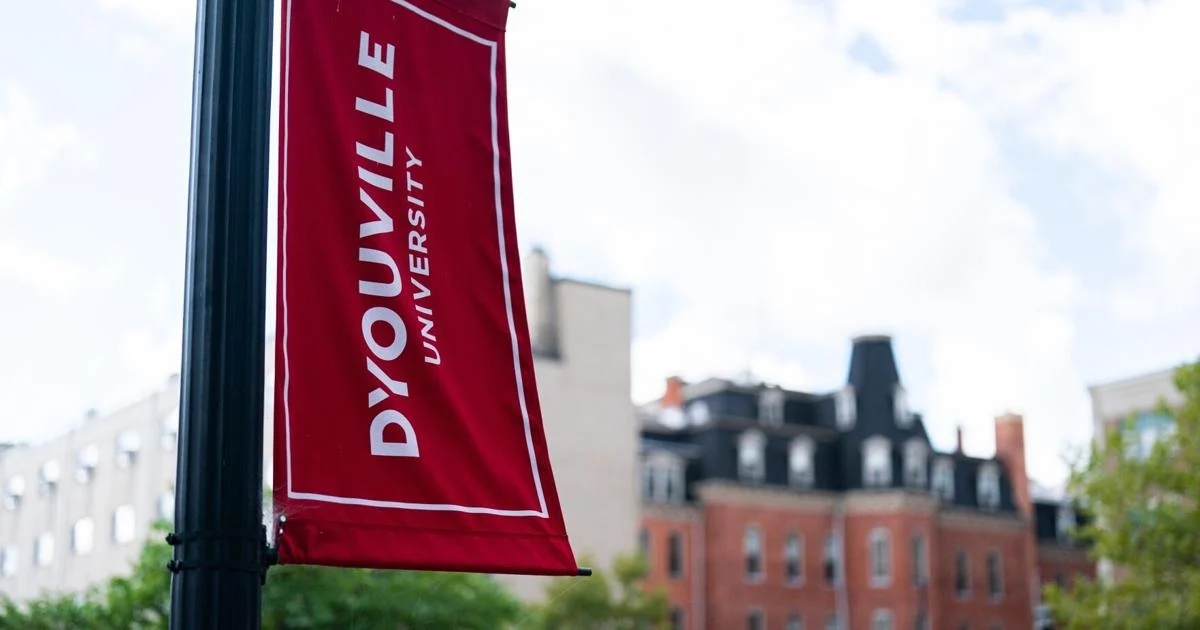Copyright Salt Lake Tribune

Five years. That’s how long a former Homeland Security agent recognized for his expertise on the synthetic drug bath salts will spend in federal prison after he pleaded guilty to selling the drug while on the job in Salt Lake City. Before Nicholas Kindle was sentenced Oct. 22, his defense attorney argued Kindle’s prison time should reflect his willingness to cooperate with the FBI. The attorney, Darrell York, asked for a 33-month sentence (about two years and nine months), just below the 37-46 months that he said his client would typically face under sentencing guidelines. Though his argument failed to sway U.S. District Judge Ann Marie McIff Allen in her St. George courtroom, she did recommend that Kindle serve his five-year sentence at FPC Yankton, a minimum security federal prison in South Dakota. She also recommended that, while Kindle is in prison, he participate in a substance misuse program and that he have “vocational and educational opportunities,” according to minutes from the sentencing. Once released, Kindle faces two years of supervised parole, according to court documents. Beyond acknowledging that his client had been handed the sentence, Kindle’s attorney declined to comment on the case to The Salt Lake Tribune. David Cole, Kindle’s former investigative partner who was also charged with selling bath salts, was sentenced in August to seven years and three months in federal prison. Kindle was federally charged in December with one count of possessing and conspiring to distribute a Schedule I controlled substance, as well as one count of conspiring to take property in the custody of the U.S. government for personal benefit. In a court filing, Kindle’s attorney wrote that his client was the junior partner to Cole, who was also Kindle’s mentor. After they seized large amounts of bath salts and arrested numerous people for possessing and distributing the substance, the attorney stated, the pair became “the bath salt experts in the United States.” Their expertise meant other agents within the Department of Homeland Security often forwarded them bath salts seized from ports of entry. Eventually, it was Cole who allegedly devised a way to sell bath salts to an informant, Kindle’s defense attorney wrote, and Kindle “went along with the plan.” “Mr. Kindle succumbed to greed,” the attorney wrote. “He is aware of his shortcomings.” Prosecutors disagreed. They argued in a filing that Kindle — who had gainful employment and a college education — didn’t need the money. “The defendant’s offense was not a momentary lapse in judgement in an otherwise blameless life but rather a carefully orchestrated scheme,” they countered in court filings. Under the guise of investigative work, prosecutors argued, Kindle and Cole stole bath salts that had been seized by Homeland Security agents beginning in or around 2021. From roughly 2022 until early 2024, prosecutors alleged, the pair sporadically sold the drugs to the informant, letting the informant then resell them and keep the profit. Sometime around March or April 2024, prosecutors stated, Kindle and Cole enlisted another buyer in their scheme — a confidential informant who had previously been incarcerated on drug charges. This informant, who had been involved in several legitimate drug operations with Homeland Security, became concerned Kindle and Cole’s operation was illegal and went to the FBI, which began an investigation. Court documents allege that by the time the Homeland Security agents were charged, they had made at least $195,000 from the scheme. In addition to stealing drugs that had been seized by law enforcement officers, court documents also allege Kindle and Cole took other valuable pieces of evidence — $1,000 in cash, a diamond ring and “a Peruvian antiquity.” After pleading guilty, Kindle was ordered to forfeit the items, as well as about $600 in gift cards, a South African Krugerrand coin made of gold and over $100,000 in cash that was seized in December. Within days of Kindle’s home being searched, he hired an attorney and met with the FBI agent investigating him, court records indicate. According to a filing written by his attorney, the former agent “has dealt with and continues to try to cope with the embarrassment, humiliation and emotional trauma of being federally prosecuted, convicted and imprisoned.”



